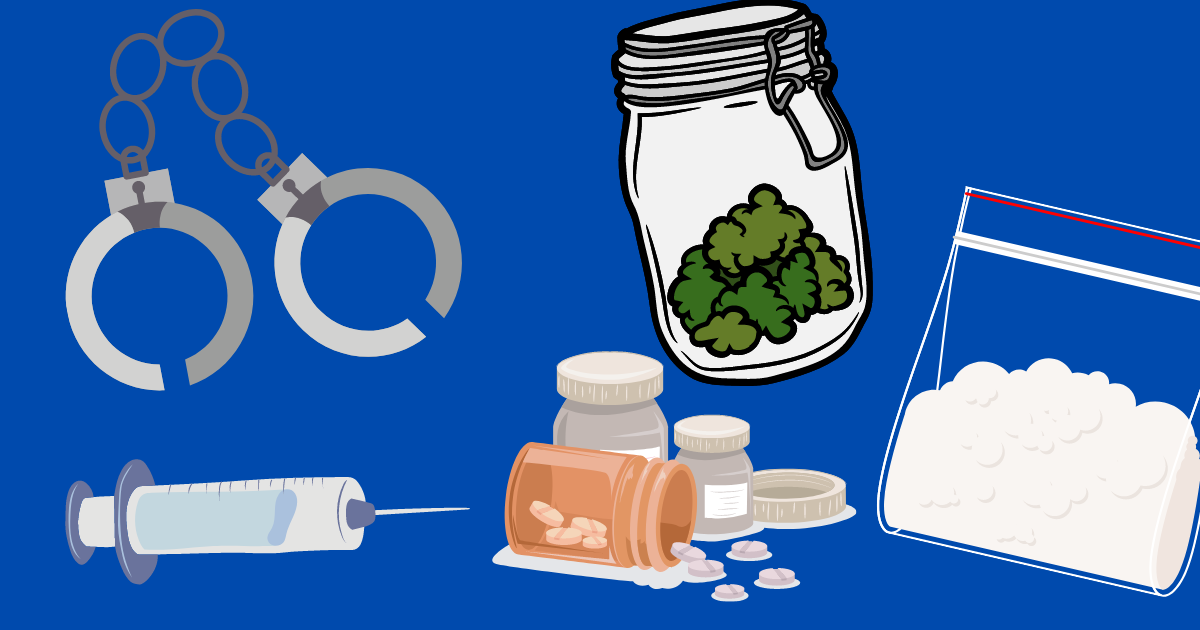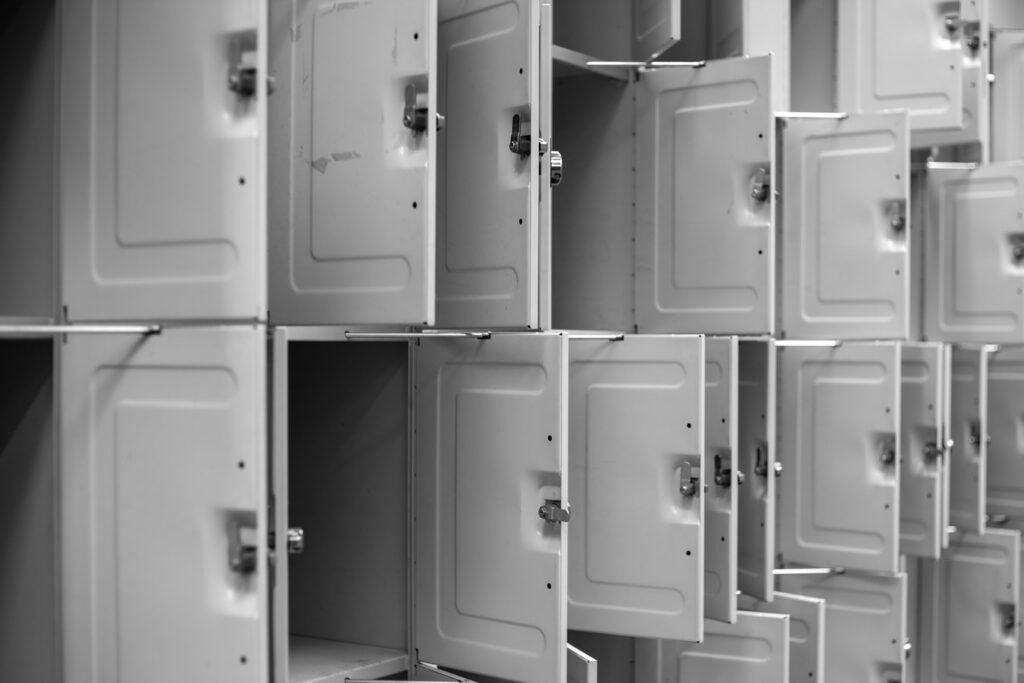Updated: May 22, 2023, at 4:32 p.m.
Have you ever wondered what law enforcement officers do with seized drugs? If TV crime dramas and police procedurals are to be believed, law officers seem to spend a lot of time planning and executing drug busts. But what happens to the contraband they seize after it all goes down? It depends a lot on the amount and type of drugs, the circumstances surrounding the possession and seizure, and what state and federal laws govern the next steps.
If you or someone you know is struggling with drug use, getting professional help is crucial. Landmark Recovery offers integrated, all-in-one treatment programs under one roof to help you focus on addiction recovery. Call 888-448-0302 to talk to the admissions team about custom treatment plans.
What Do Police Do With Confiscated Drugs?
When police confiscate drugs such as cocaine, meth or opioids, they are treated like any evidence collected from a crime scene. Drugs seized by law enforcement may be held for weeks, months or even years. It just depends on how long it takes for the case to make it through the court system. Police maintain an organized chain of custody, noting who collected and handled the drugs. In many cases drugs are held in secure areas so that no one can tamper with them or steal them. Some drugs could be worth thousands of dollars. Here’s a look at where seized drugs go.
Secure Them In Evidence Lockers
When drugs are confiscated, law enforcement stores them in a secure warehouse known as a crime laboratory. Here, the drugs are tested, cataloged, organized, and shelved pending criminal trial. Where the drugs are stored can vary depending on which enforcement agency is investigating. Small amounts of drugs may be stowed at the local police station. In contrast, larger amounts are often taken to a secure federal or state vault.
Drug trafficking and manufacturing cases can be long, drawn-out processes as they move through the courts. Because of this, seized evidence can remain in storage for months or even years while the trial is ongoing. Sometimes they are kept until the opportunity to appeal the case is exhausted, after which, there’s a good chance that the drugs will be destroyed.
Search and Destroy
Seized drugs no longer needed as evidence as most often incinerated, but the business of destroying narcotics can be tricky: how do you destroy drugs without releasing their intoxicating or toxic effect? This is why pharmacists ask you to return your unused drugs to be destroyed rather than throw them in the garbage or flush them down the toilet. Not only are loose pills highly toxic to both humans and wildlife, but they also affect the environment in ways you might not expect. Medications cannot be filtered out by water treatment plants or septic systems. This means that when flushed, they can pollute bodies of water and the aquatic life within, seep into surrounding soil and sediment, and contaminate nearby food and water supply.
Because they are frequently dealing with mass amounts of confiscated drugs, US Customs and Border Patrol have been known to outsource the destruction of illegal drugs. They pass the task on to contractors or simply turn them over to be dealt with by agencies like the Drug Enforcement Administration (DEA). The DEA destroys seized drugs in incinerators approved by the Environmental Protection Agency (EPA).
However, smaller or more rural enforcement agencies—or those dealing with smaller amounts of seized drugs—may resort to alternative methods. In Ohio, law enforcement officers have used crematories, hospital incinerators, foundries, or have solicited the services of specialized businesses. Even massive metal drums and fire pits have been used to get the job done. However, regardless of size, these burns are controlled, lest any fumes or residue affect nearby communities.
Learn More
Of course, not all drug charges are on par with the way drug busts are depicted in shows like Breaking Bad, but even possession of a few grams can mean big trouble with the law. Just know that you can still turn your life around before the problem becomes too much to handle. Landmark Recovery is here to help. Reach out today, and let’s begin the journey to wellness together.

Choose Recovery Over Addiction
We're here 24/7 to help you get the care you need to live life on your terms, without drugs or alcohol. Talk to our recovery specialists today and learn about our integrated treatment programs.





